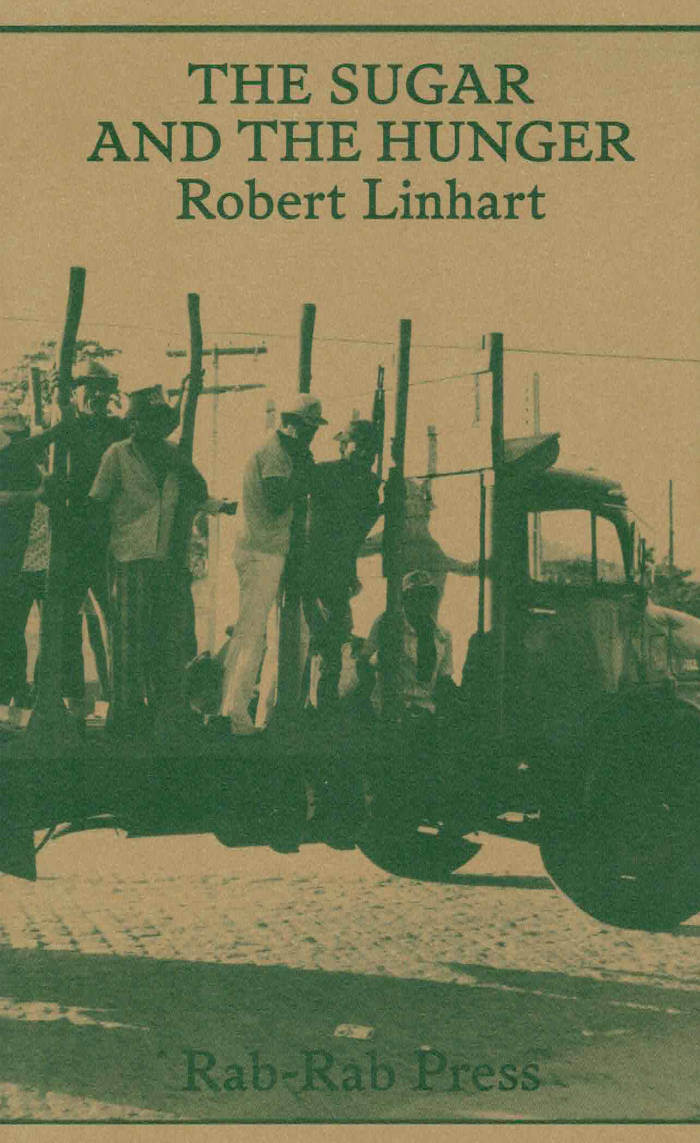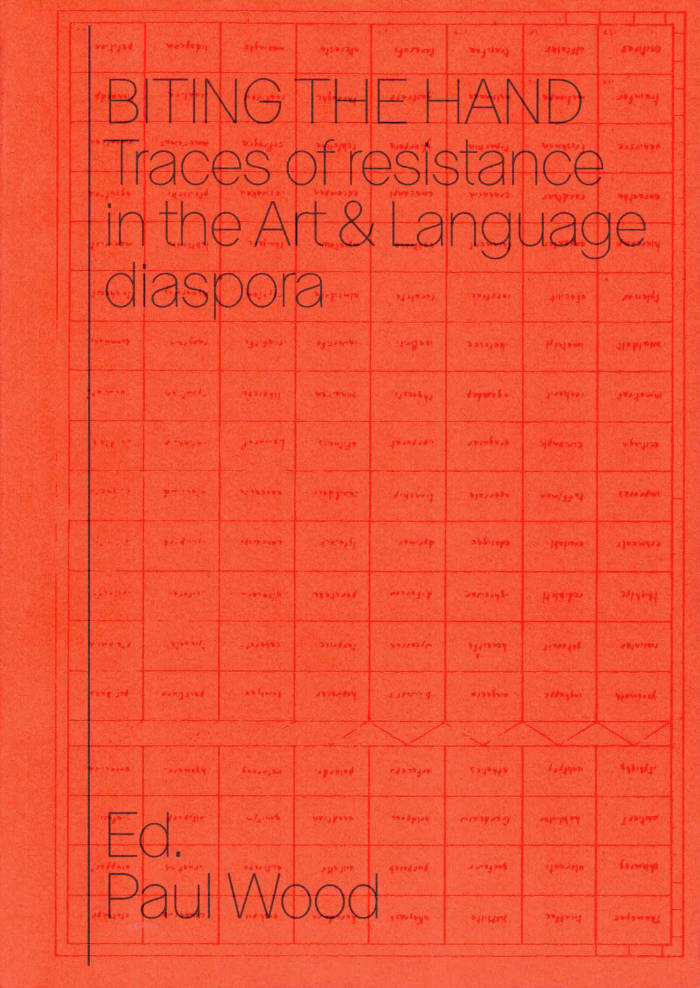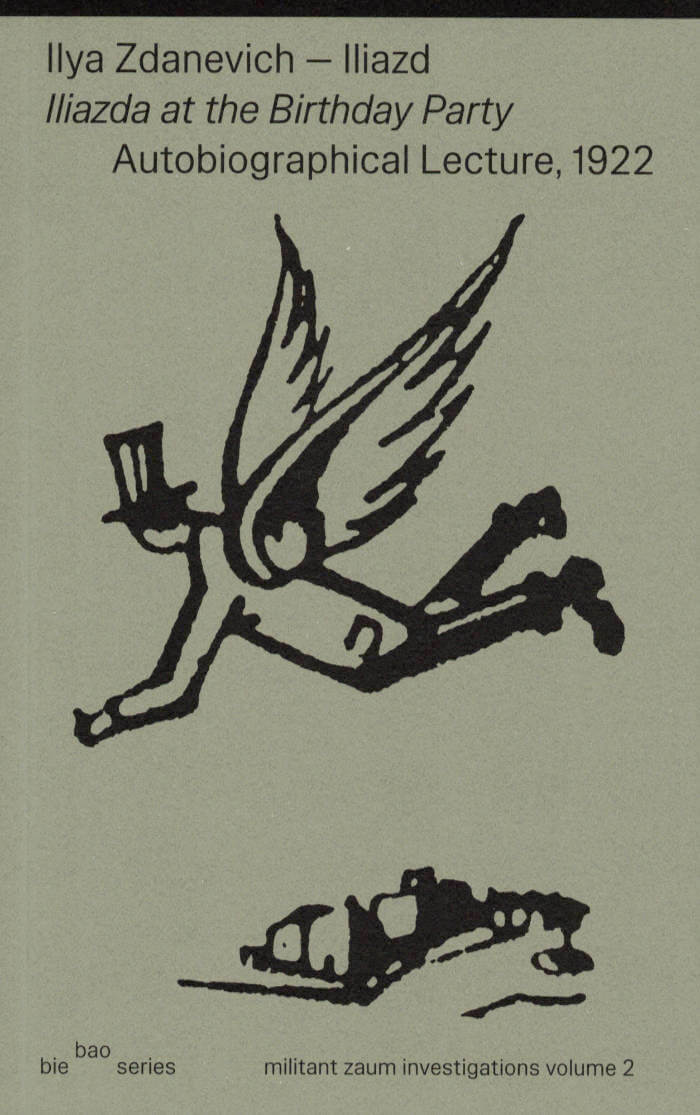
The Sugar and the Hunger
The first English language translation of Robert Linhart's The Sugar and the Hunger, originally published in 1980. Includes afterword by Luiz Renato Martins, and other materials.
Widely acclaimed for his engaged social analyses of proletariat and peasant struggles around the world, Linhart's inquiry into the sugar regions of North-Eastern Brazil, juxtaposes heterogeneous traits of the impoverished workers' stories into a vivid cinematic montage.
Alongside the translation, the book also includes 'The Third World, Investigations, Social Analysis', an unpublished interview with Linhart from 1980 made by Jean Copans, giving an insight into the political and theoretical background of his investigation in Brazil.
The afterword by Luiz Renato Martins, an active Brazilian Marxist art historian and journalist, further contextualises the importance of Linhart's book. Renato Martins who recently directed a documentary film Conversations With Robert Linhart discusses The Sugar and the Hunger against the backdrop of today's world where the practices of expropriation of land and food from peasants and urban poor, which Linhart examined in 1980 on a laboratory-like scale, have now become common global practices, endlessly producing legions of uprooted and hungry refugees.
Translated by John M Floyd and Emilio Sauri, the book includes rare photographs taken by François Manceaux in Northeastern Brazil in 1979.
Robert Linhart (born 1944 in Ixelles) is a French sociologist, philosopher and political activist, known as one of the founders of the Maoist movement in France, most famously for his 1978 autobiographic book L'Établi.




